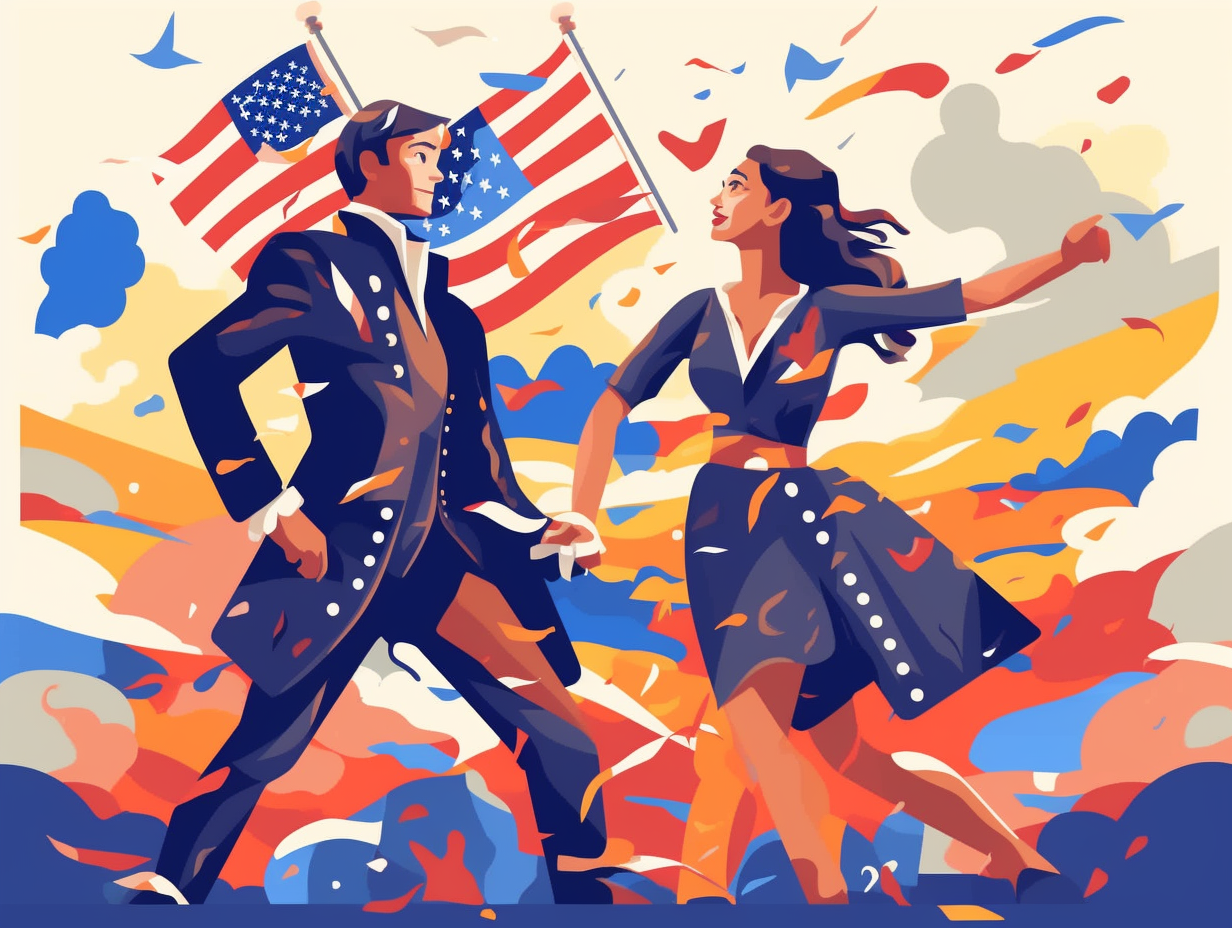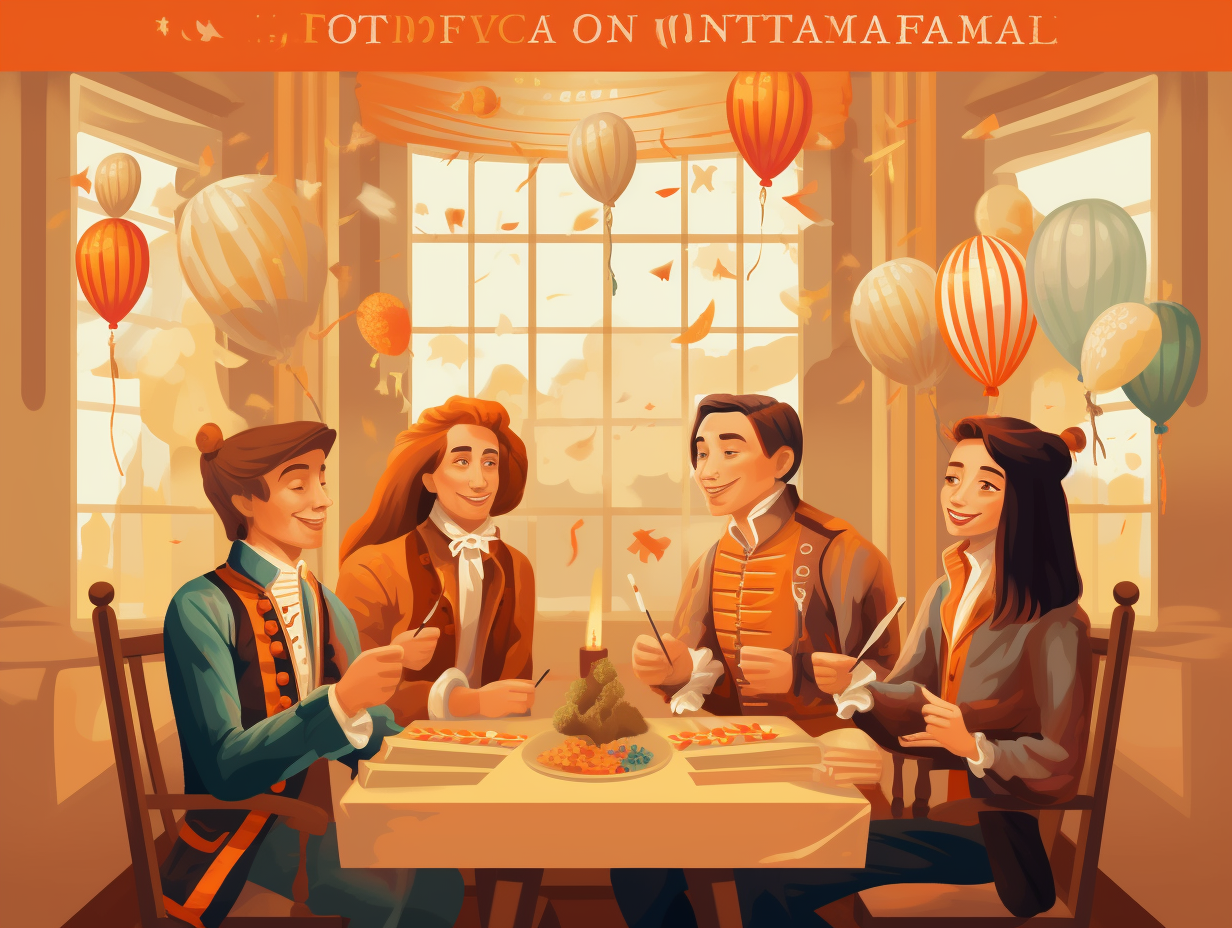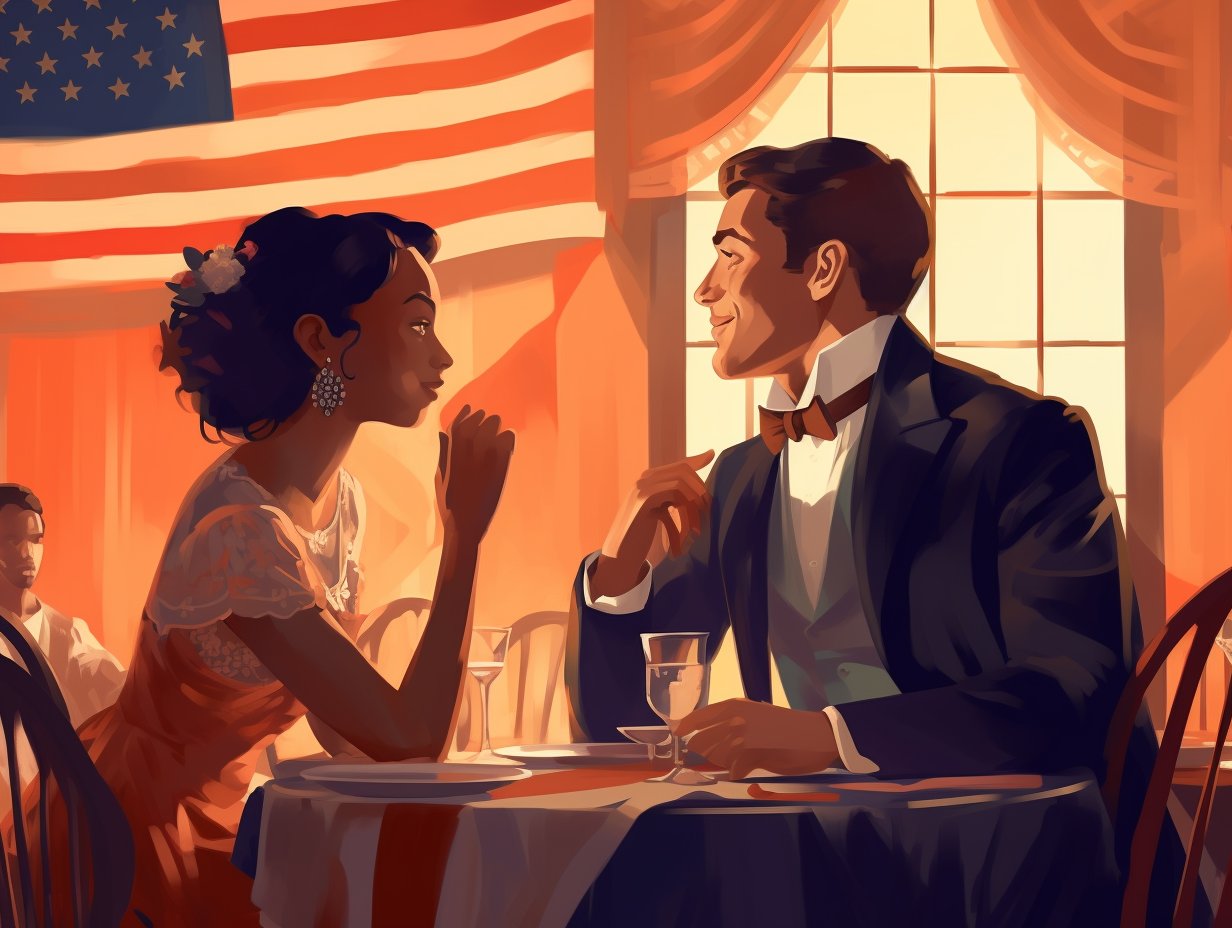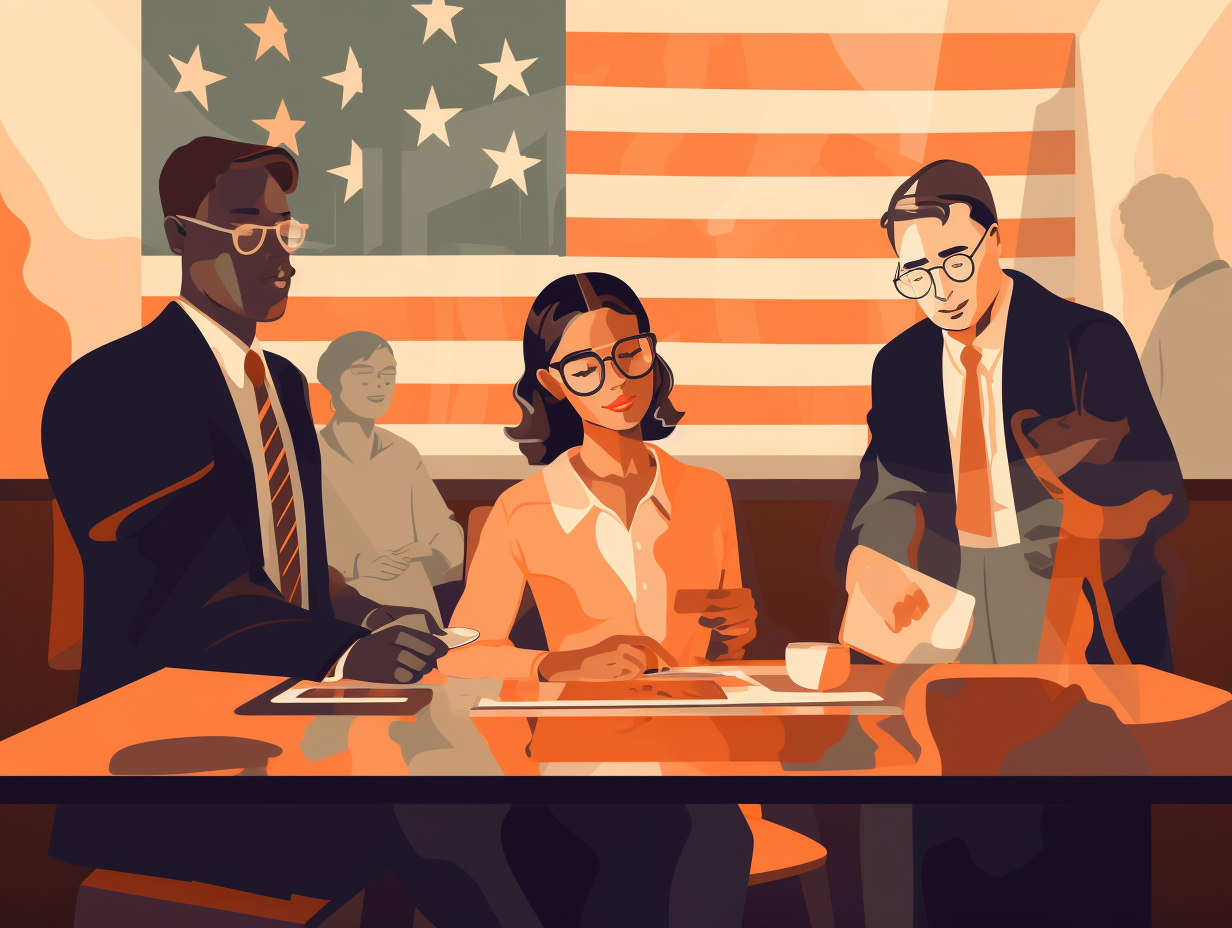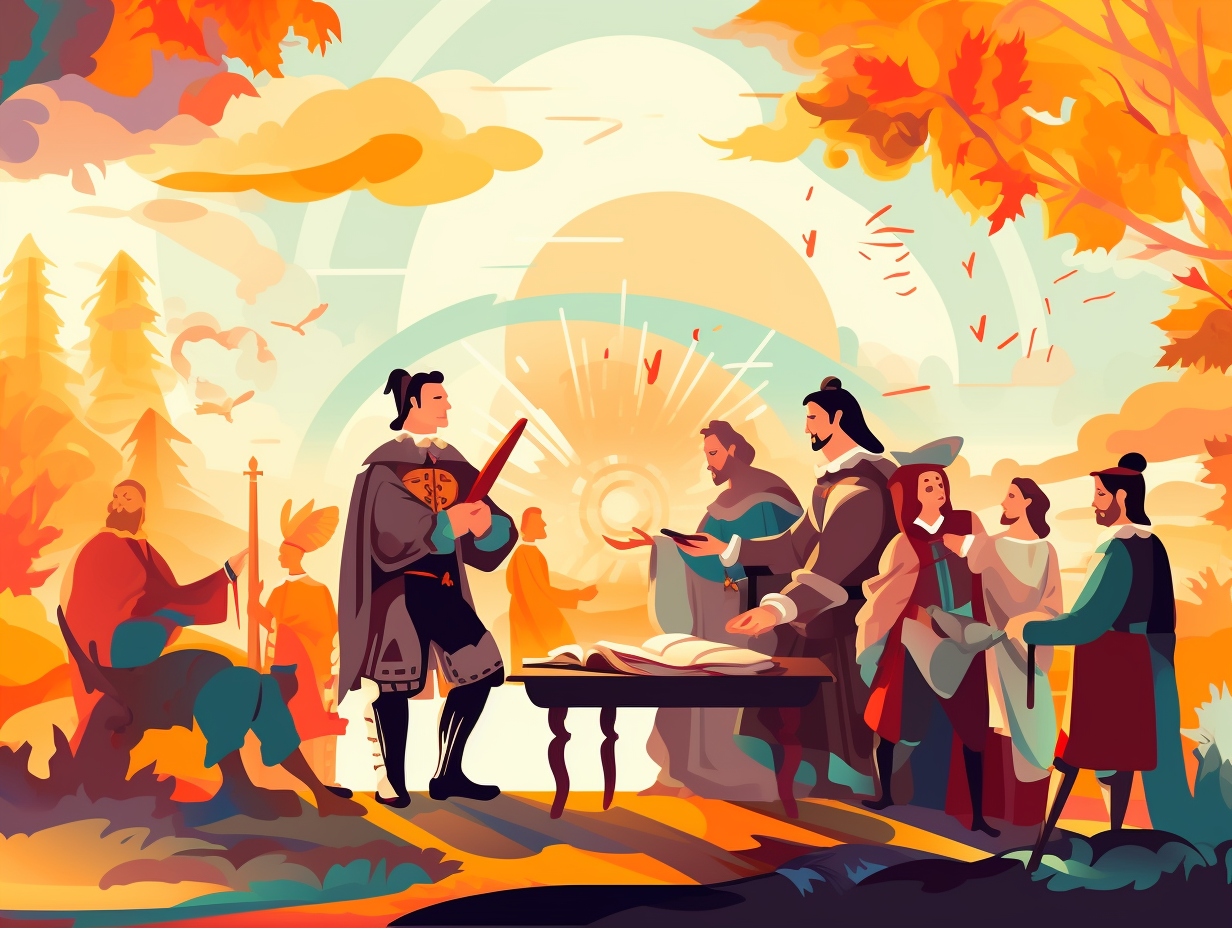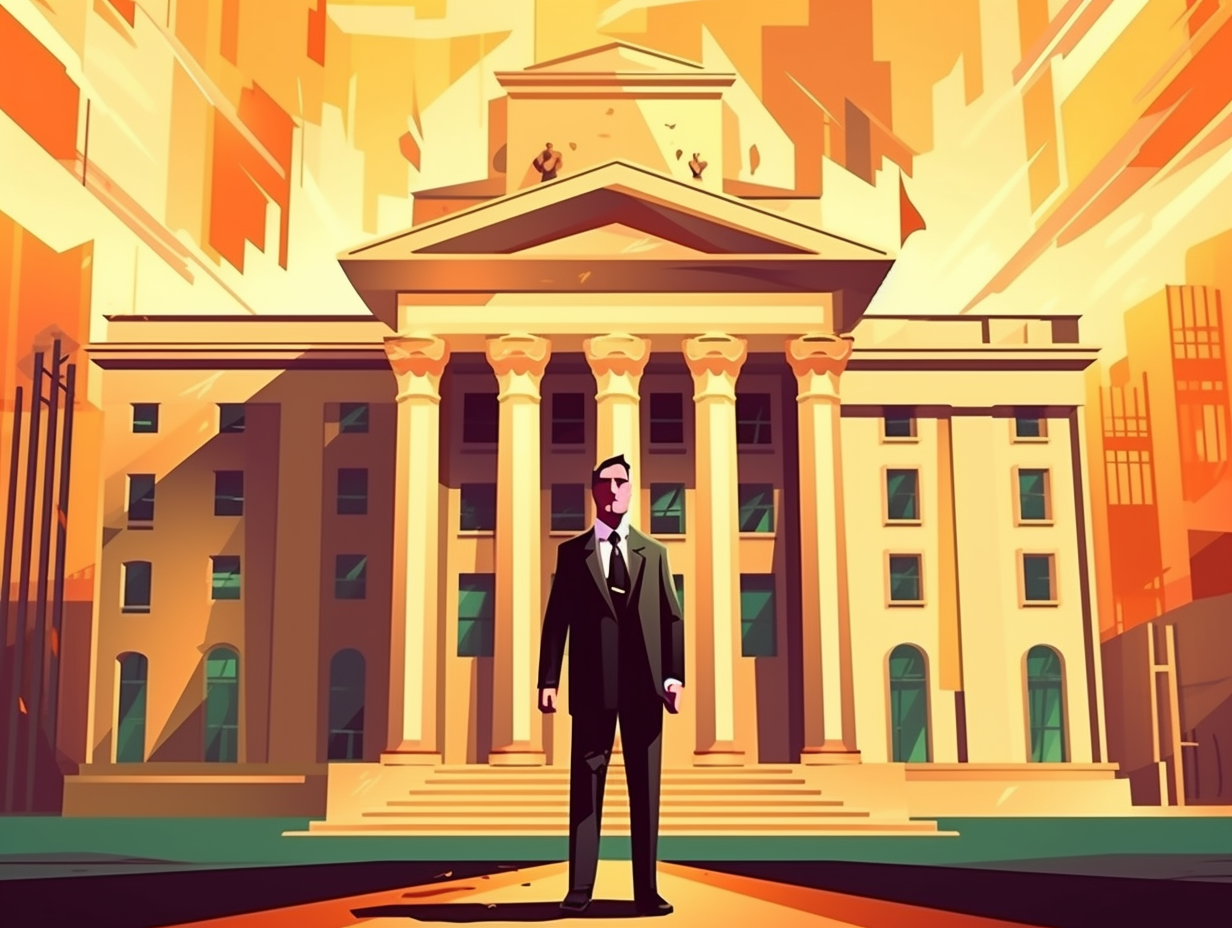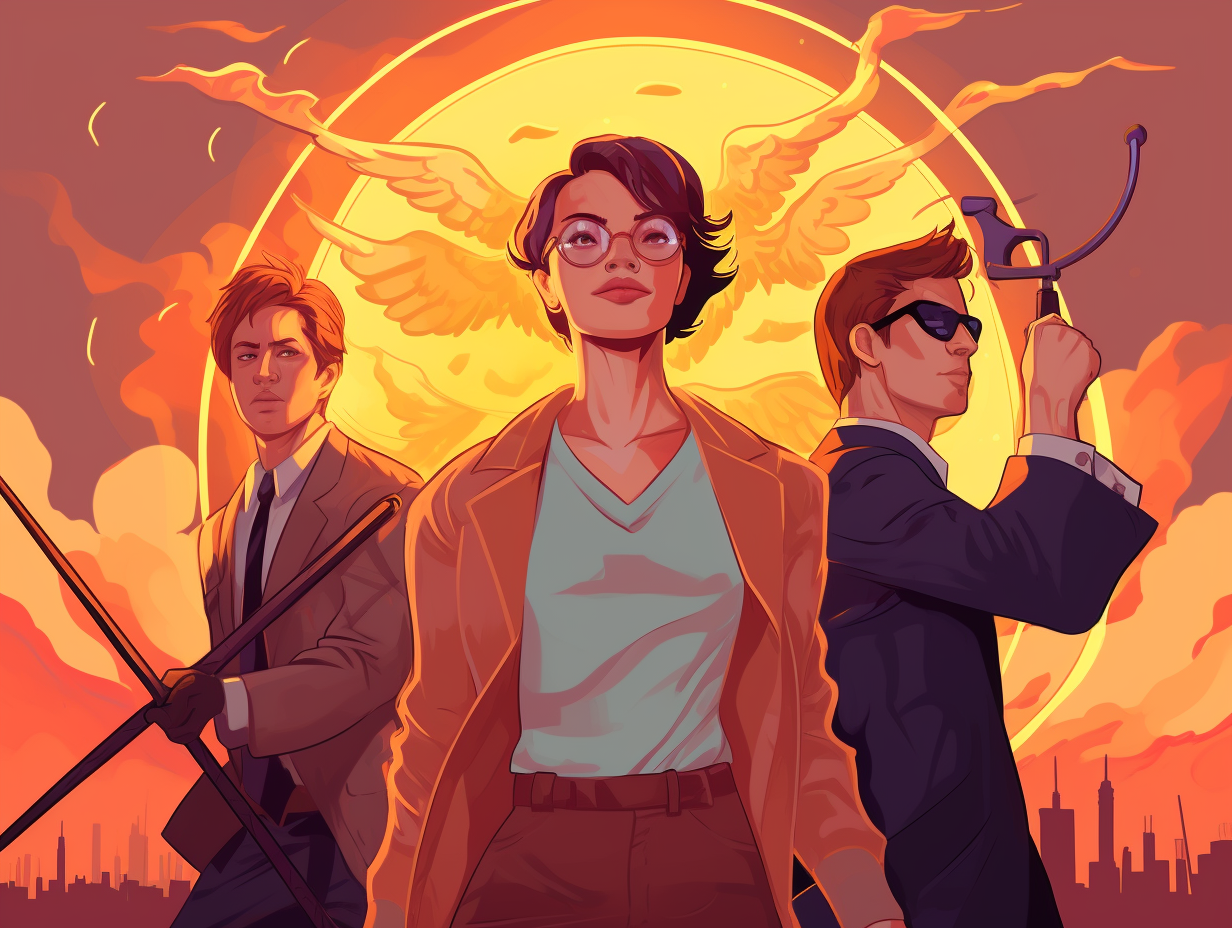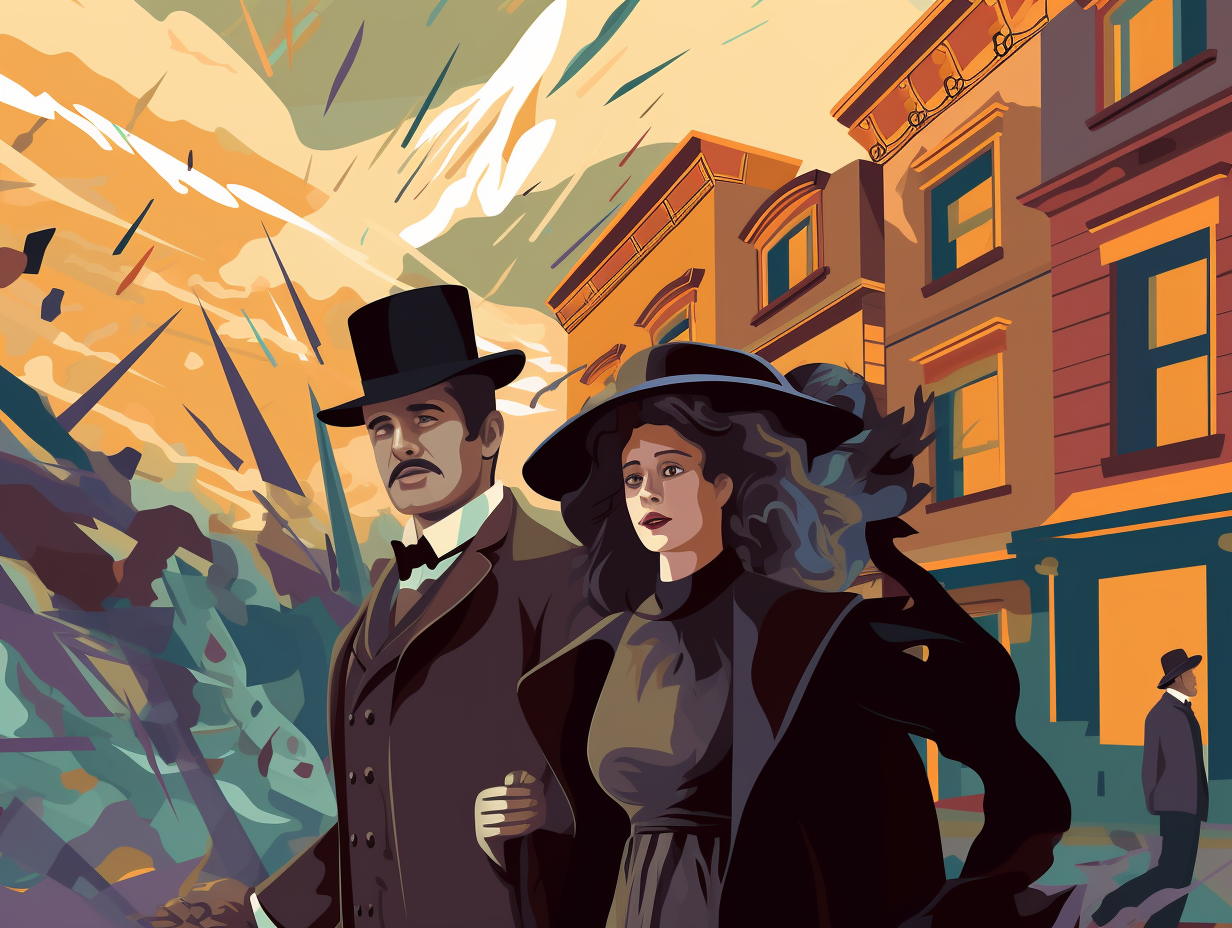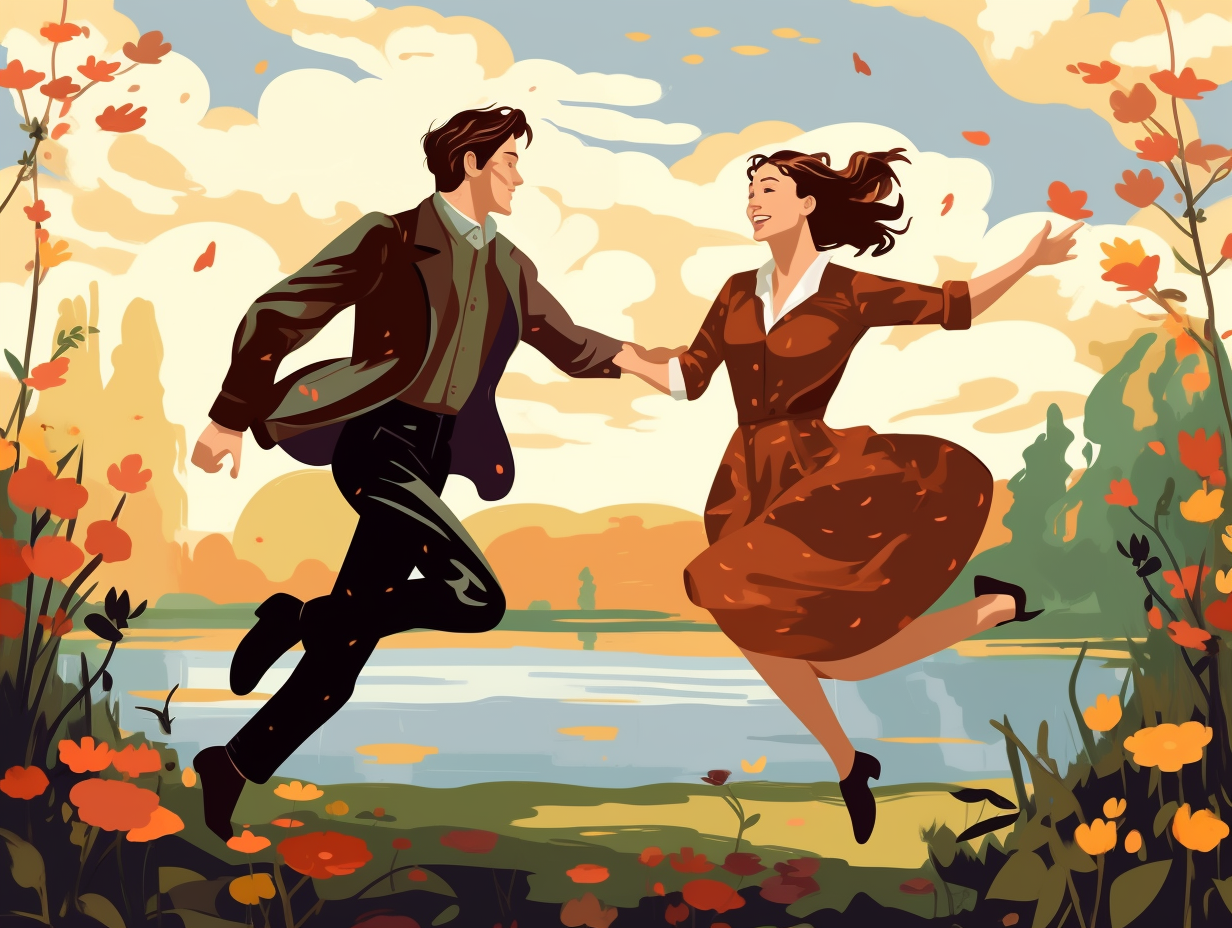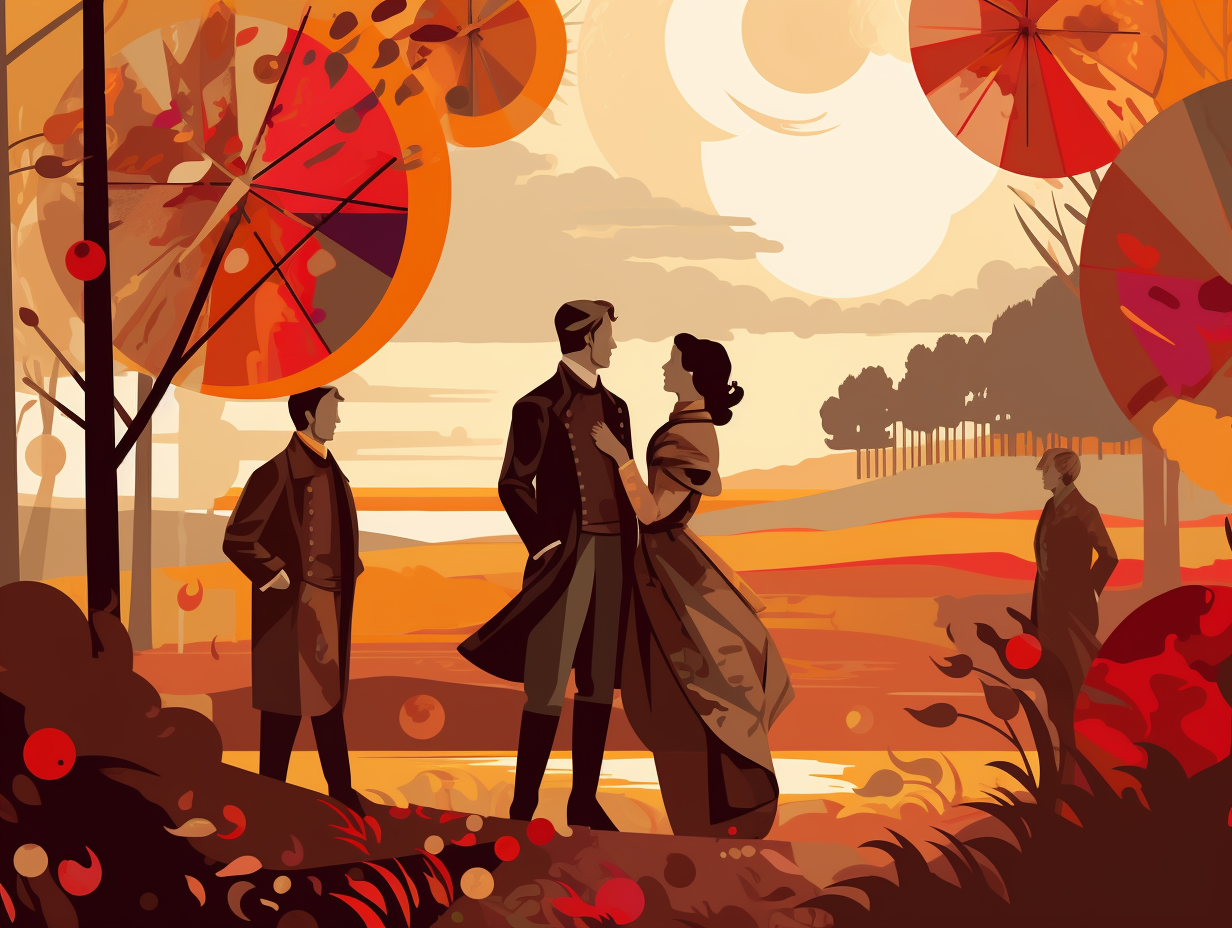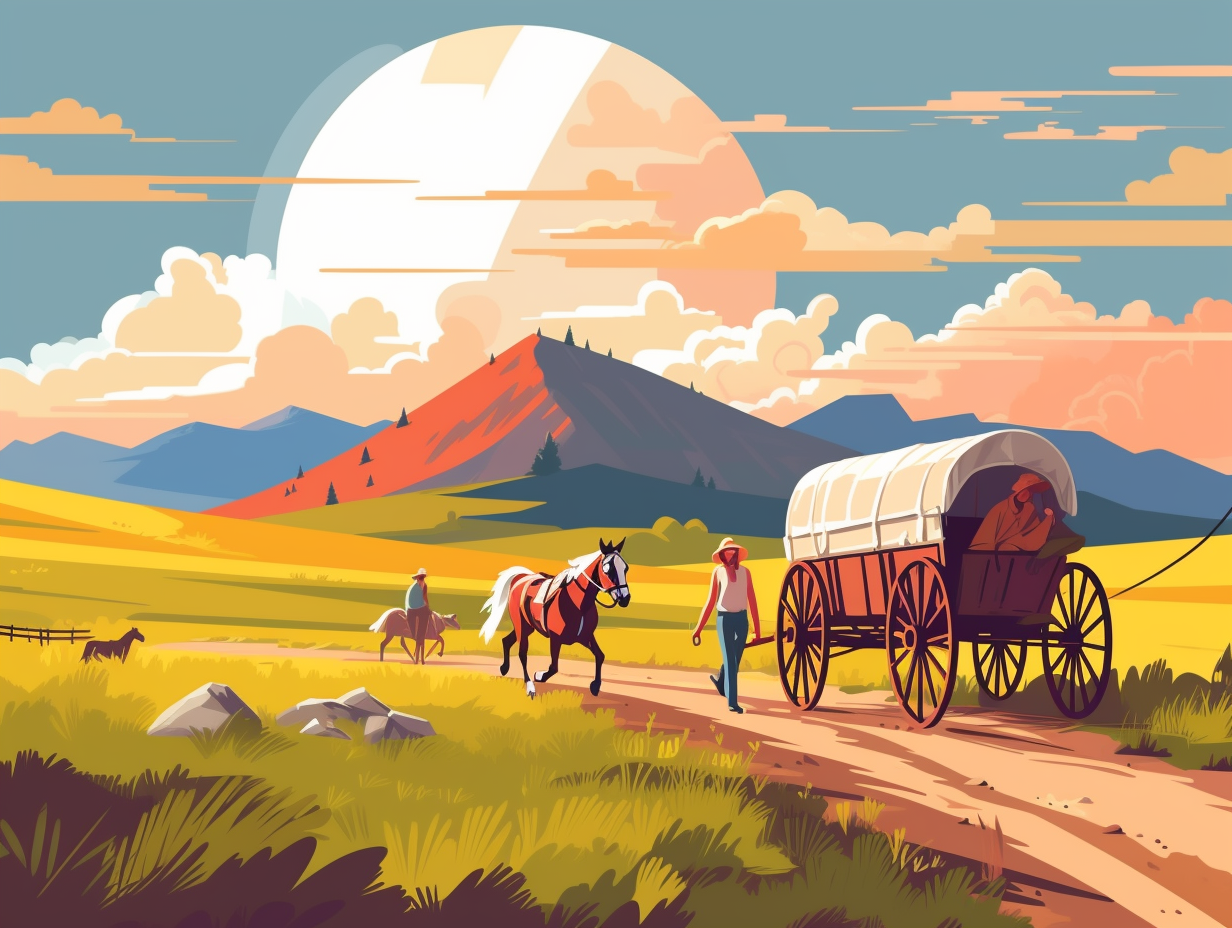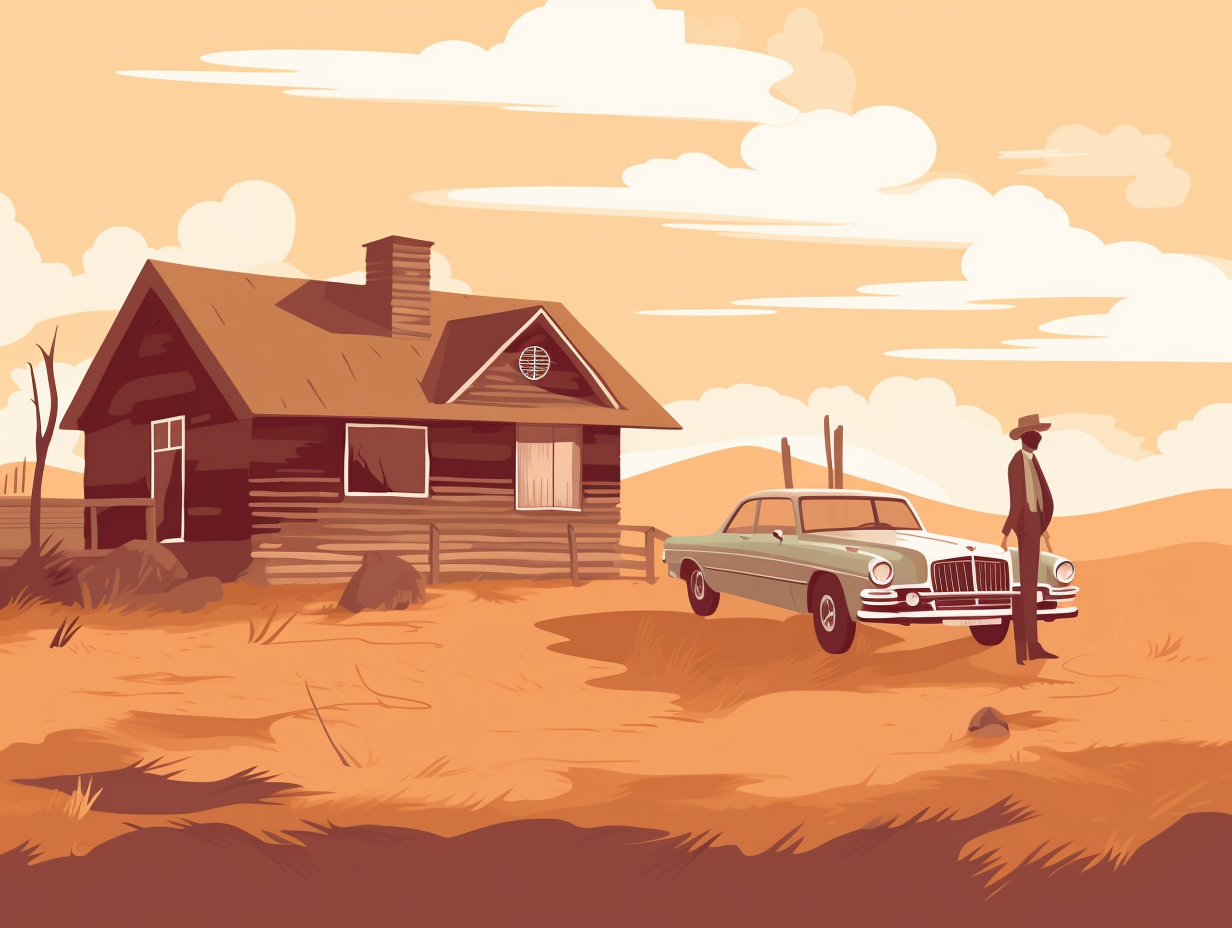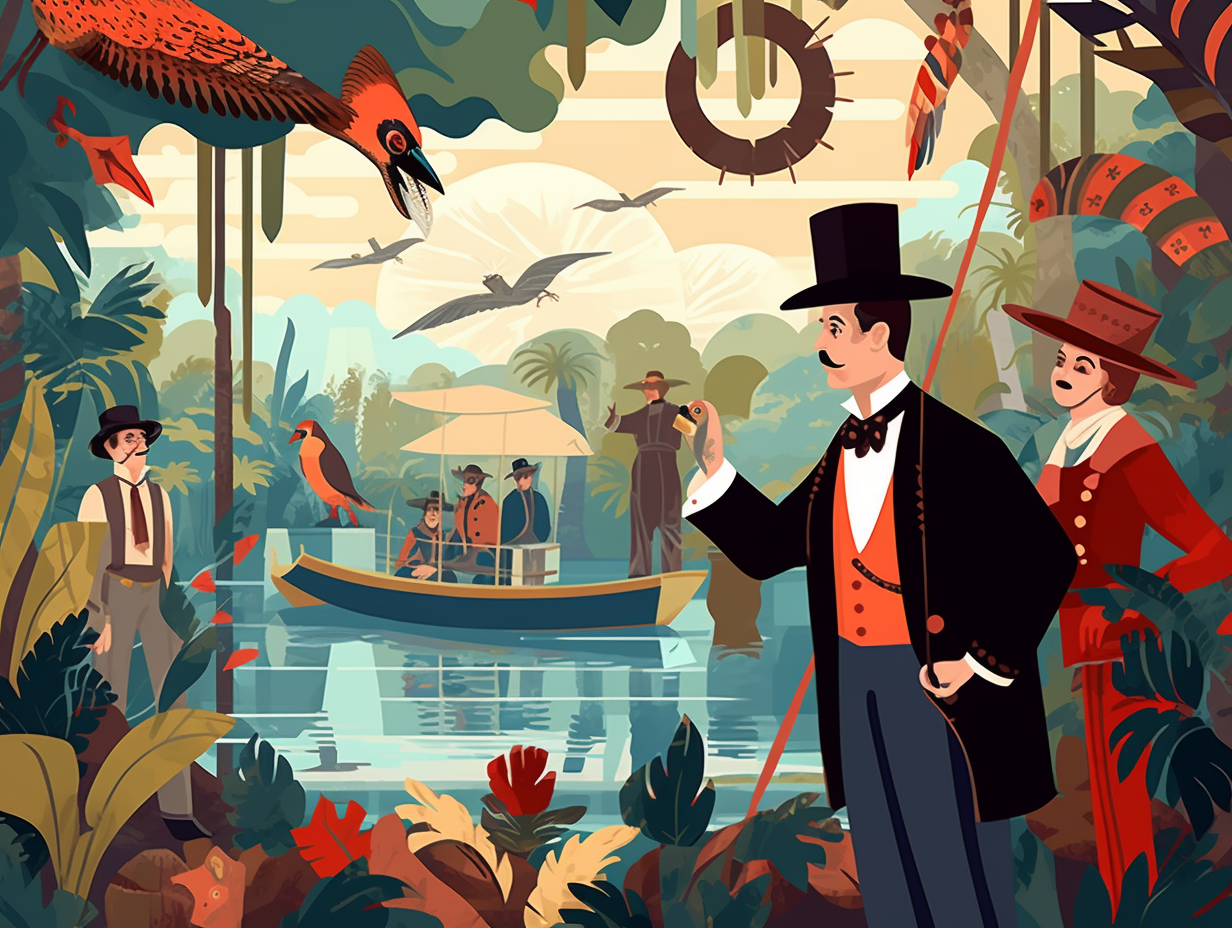Discover 15 Entertaining and Surprising Fun Facts About the Bill of Rights!
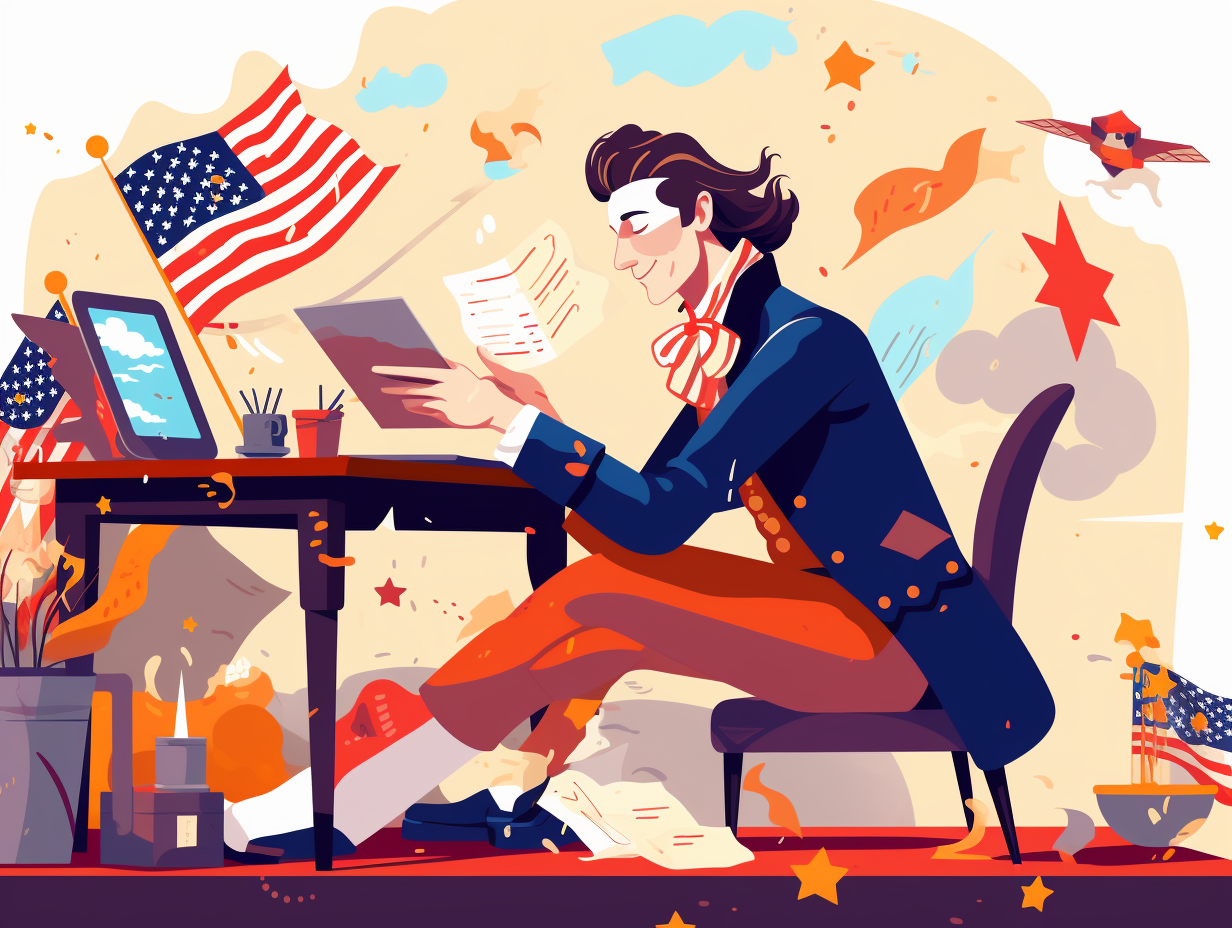
1. Shakespeare of Freedom
Roll over, Shakespeare! There's a new pen in town, and its ink runs deep with freedom: The Bill of Rights, ratified in 1791, is a collection of the first ten amendments to the US Constitution, granting vital civil liberties and protections like freedom of speech, press, religion, and due process of the law, while ensuring that unmentioned rights remain with the people.
Source => archives.gov
2. Jefferson's Constitutional Persuasion
Hold on to your quill pens and powdered wigs, folks, because we're diving into the thrilling world of constitutional drama like it's a Netflix series: Back in the day, Thomas Jefferson persuaded a hesitant James Madison to include what would become the Bill of Rights in the Constitution, ensuring that we'd have plenty to argue about for centuries to come!
Source => teachingamericanhistory.org

Did you know that Alexander Hamilton, John Jay, and James Madison secretly joined forces as "Publius" to write 85 essays promoting the U.S. Constitution? Discover how these founding fathers went viral in a pre-social media world! 📜✒️🇺🇸
=> Fun Facts about The-Constitution
3. Sherlock Holmes vs. the Fourth Amendment
Fear not, ye olde citizens! Sherlock Holmes and his magnifying glass shall never sneaketh into thy humble abodes without a proper parchment of permission: The Fourth Amendment to the Bill of Rights safeguards Americans from unreasonable search and seizure, requiring the government to obtain a valid reason and a judicially authorized warrant before prying eyes and sticky fingers can disrupt your private havens.
Source => archives.gov
4. The Great Amendment Buffet
In the great amendment buffet of 1789, James Madison brought 12 dishes to the table, but only 10 managed to satisfy the Constitution's hungry guests – and the original First and Second choices were left on the side: While Madison proposed a total of 12 amendments to the United States Constitution on September 25, 1789, only 10 were ratified by December 15, 1791, forming the Bill of Rights we know today. What was previously the Second Amendment would finally join the party, albeit fashionably late, as the 27th Amendment in 1992. As for the original First Amendment? Well, it's still waiting for that elusive invite.
Source => constitutioncenter.org
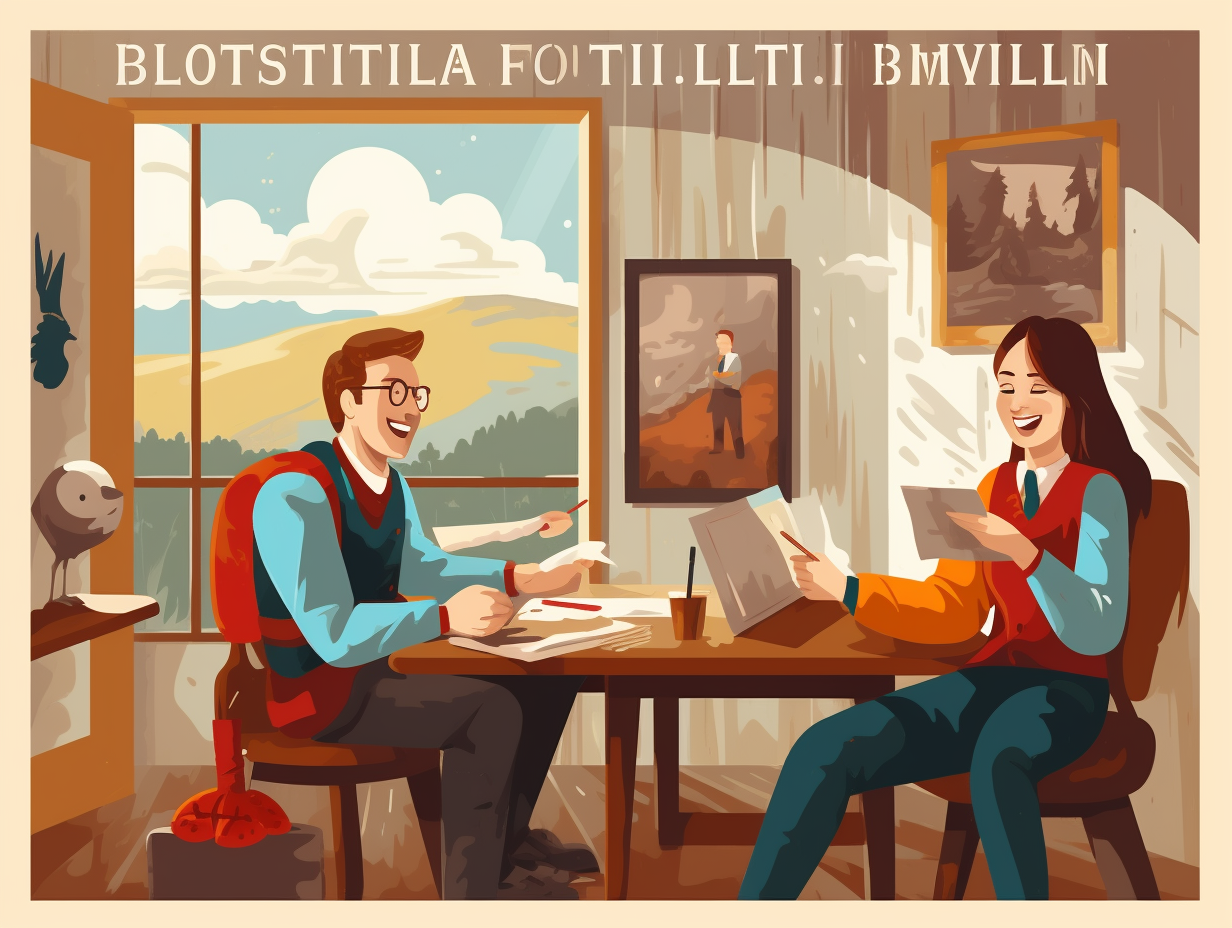
5. Fourth Amendment: The Crystal Ball of Privacy
Who needs a psychic when you've got the Fourth Amendment? It's like a constitutional crystal ball that helps cops see the future – or at least, the probable cause: This essential amendment ensures that individuals are protected against unreasonable searches and seizures by the government. It demands that any search or seizure be accompanied by a warrant based on probable cause, with an oath or affirmation and specific descriptions of the persons, places, or things involved. So, next time you feel like you're living in a Minority Report world, remember the Fourth Amendment is there, predicting and protecting your privacy.
Source => usccr.gov
6. Government-Sponsored Group Therapy
Did someone say government-sponsored group therapy? You guessed it: The First Amendment allows citizens not only the freedom of speech, religion, press, and assembly but also the right to petition the government to address their pent-up grievances and seek much-needed solutions!
Source => constitution.congress.gov
7. Founding Fathers' Take on Guns & Fun
Who said guns and fun don't mix? Not the Founding Fathers, apparently: The Second Amendment of the Bill of Rights specifically highlights the value of a well-regulated militia for ensuring a free state's security, stating that the people's right to keep and bear arms shall not be infringed while recognizing the necessity of an organized military force and the right of citizens to defend themselves and their nation.
Source => constitution.congress.gov
8. Swipe Left on Colonial Tinder
Before you swipe left on that handsome redcoat on Colonial Tinder, beware: you might unknowingly get caught up in a Quartering Act scandal that fuels a whole revolution! Here's the twist: The Quartering Act of 1774, which allowed British officers to quarter soldiers in uninhabited buildings, played a pivotal role in ramping up tensions between the colonists and British forces, ultimately sparking the American Revolution.
Source => constitution.congress.gov
9. Speedy Justice, No Pit Stops Allowed
Ever been stuck in traffic or a queue and pondered your right to a speedy journey? Well, turns out the Founding Fathers beat you to it – in court, at least: The Sixth Amendment of the Bill of Rights guarantees that those accused of a crime get a speedy and public trial, complete with an impartial jury, a clear understanding of the charges, face-time with witnesses, and an attorney by their side, all to ensure justice prevails without any unnecessary pit stops.
Source => constitution.congress.gov

10. Ninth Amendment: The Unsung Hero
Move over, cat videos: The Founding Fathers had something else in mind when penning the Ninth Amendment! In truth, this underrated gem of the Bill of Rights was added to prevent the assumption that the Constitution contained an exhaustive list of our rights. It's actually a safeguard, ensuring that other inherent rights not explicitly mentioned still belong to the fine citizens of these United States.
Source => law.cornell.edu
11. Tenth Amendment's Government Diet Plan
Talk about a governmental diet plan: The Bill of Rights was originally designed to slim down the calorie intake of the federal government! The Tenth Amendment specifically restricts its power munchies, confining Uncle Sam's waistline by handing over any constitutional leftovers to the states or the people for their own satisfying, local gubernatorial feasts.
Source => constitution.congress.gov
12. First Amendment and Yelp's Ancestor
Did you hear about the first-ever Yelp review? It was a group of people in the 60s, not happy with the service they received at a store, so they united for a protest. Thankfully, the First Amendment had their back: In the Supreme Court case of National Association for the Advancement of Colored People v. Claiborne Hardware Co., it was ruled that organizing a boycott to protest racial discrimination fell under the umbrella of protected speech in our beloved First Amendment.
Source => constitution.congress.gov
13. Bill of Rights: Madison's Joint Project
As if James Madison were the Oprah of his time, dishing out amendments left and right, the Bill of Rights wasn't just his brainchild: This iconic document was actually a joint project among various Founding Fathers in 1789, with Madison making some truly noteworthy contributions.
Source => mtsu.edu
14. America's OG Friendship Bracelet
When the Founding Fathers weren't busy throwing tea parties or practicing their quill penmanship, they had a major brainstorming session that led to America's OG friendship bracelet: The Bill of Rights. You could say it was the first "constitutional" group text between Federalists and Anti-Federalists: This legendary add-on to the U.S. Constitution appeased the Anti-Federalists' fears while protecting individual rights through the first ten amendments, which include freedom of speech, press, and religion, as well as ensuring due process and a speedy public trial.
Source => mtsu.edu
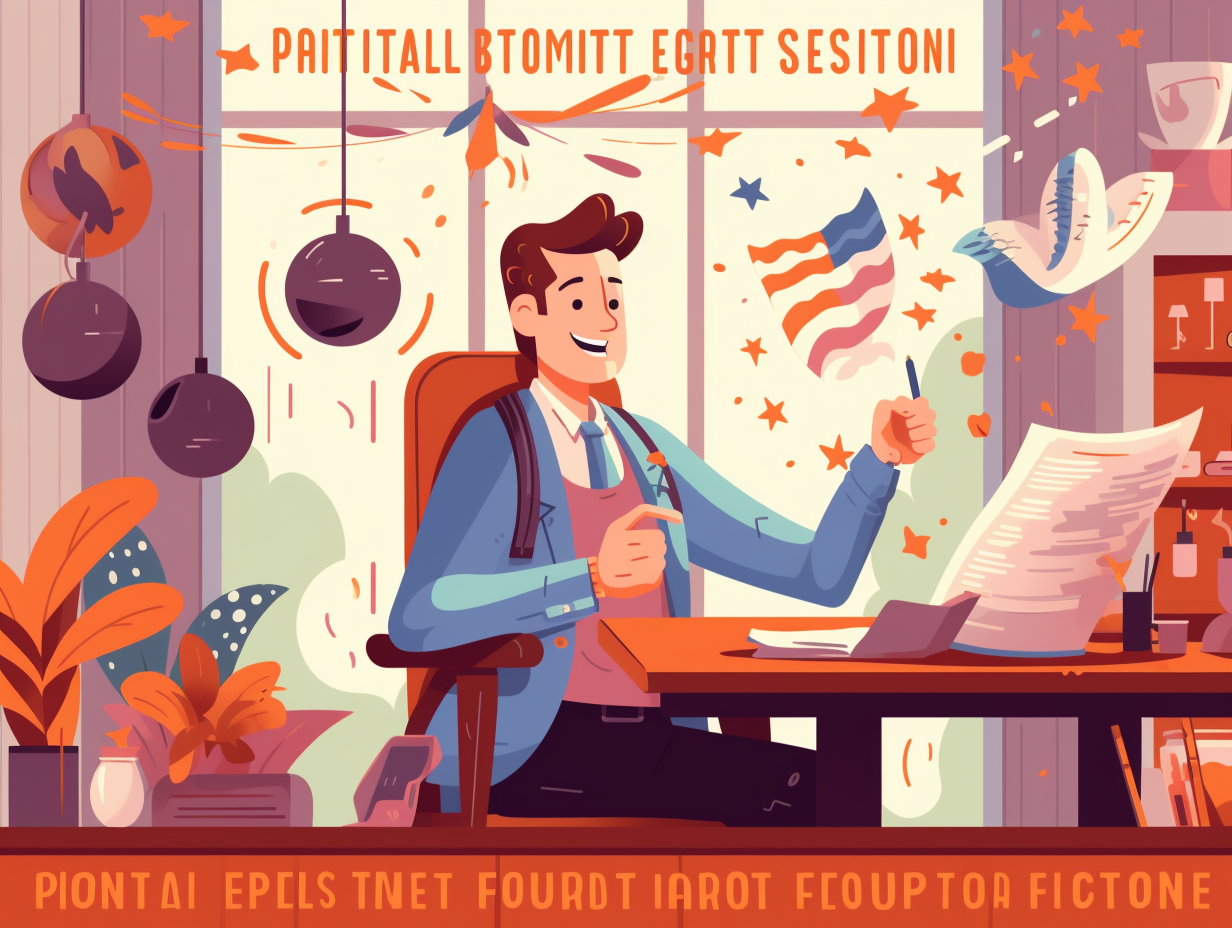
15. Cool Grandparents of the Bill of Rights
Step aside, Magna Carta, English Bill of Rights, and Virginia Declaration of Rights - you're the cool grandparents of the U.S. Bill of Rights, rocking those powdered wigs and influencing the kids of the constitutional block: The Bill of Rights took major cues from these historical documents, with several states clamoring for more individual liberties, prompting James Madison to craft specific limitations on governmental power. While there's no solo act for individual state bills of rights, some have added bonus tracks to protect their citizens via their own constitutions.
Source => billofrightsinstitute.org
Related Fun Facts

